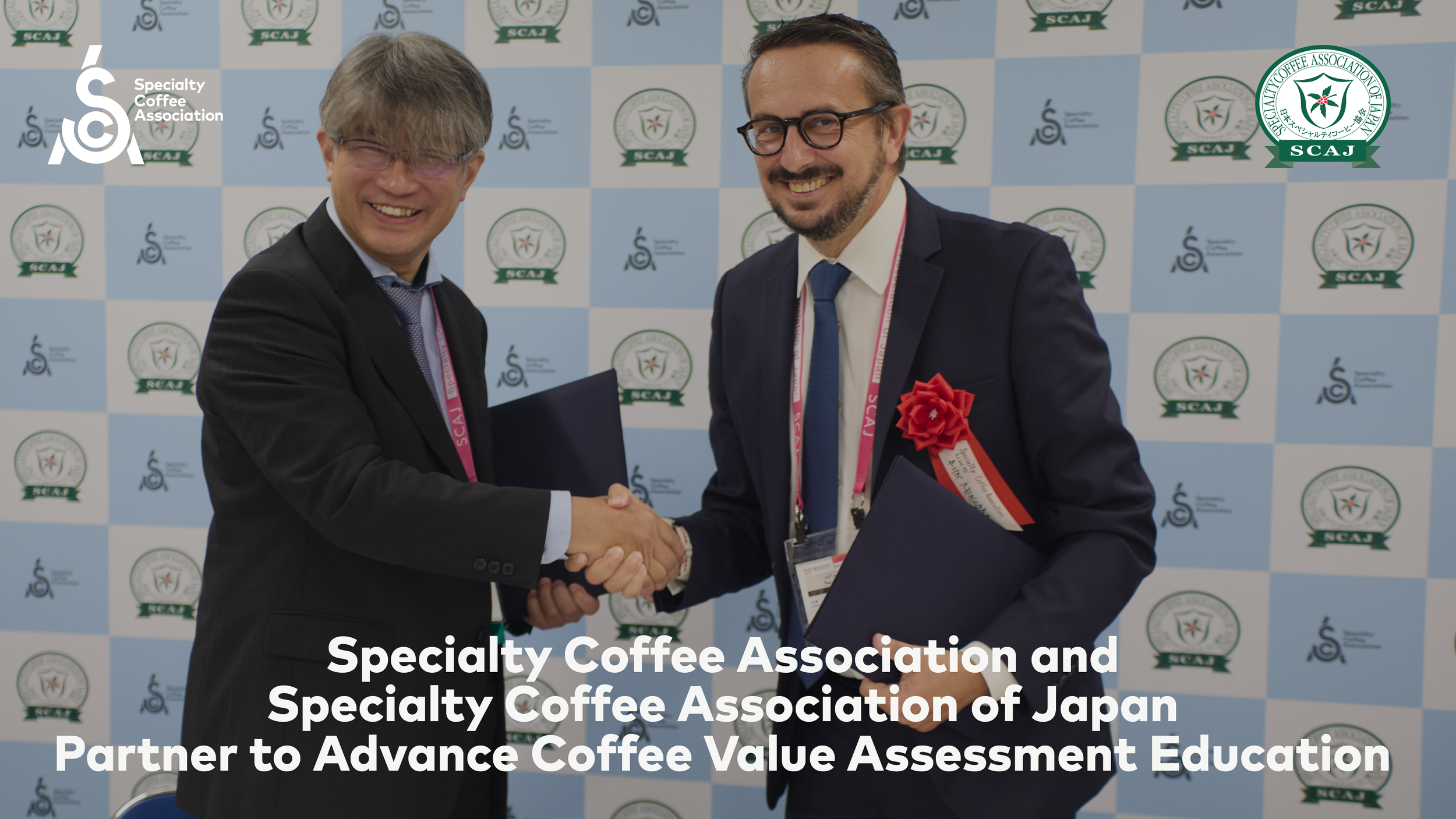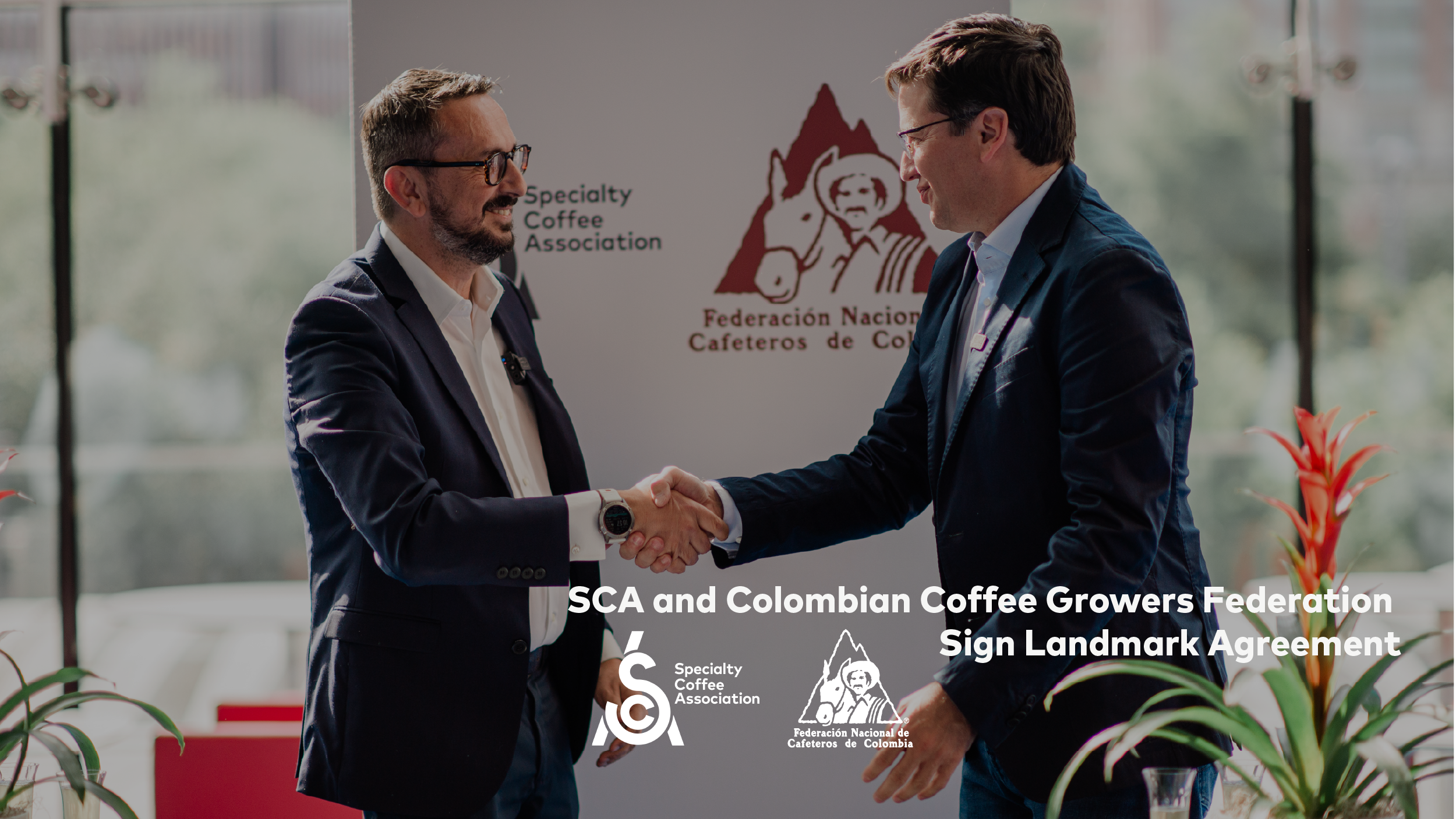We’re Glad You’re Here!
The SCA Coffee Value Assessment is an evolving tool for the entire specialty coffee industry to assess a coffee’s attributes and overall value.
This “Early Adopter Program” is designed to help the SCA refine the Coffee Value Assessment, through both feedback and additional research, ahead of its movement through the SCA’s standards development process. Your work is vital in helping us refine, progress, and shape this revolutionary initiative.
-
Get early access to resources and tools across three different levels of early adopter support: Patron, Early-Adopter, and Beta-User.
-
Help advance the SCA Coffee Value Assessment by using the tools and providing feedback as an Enthusiast or an Ambassador.
Ready to join us? Sign up below.
Protocol & Forms
Project Timeline
The SCA has carefully and diligently engaged in a process of review and evolution that already spans nearly three years of work. Learn more about each phase of the process below.
-
Beginning in mid-2020, the SCA’s Chief Research Officer, Peter Giuliano, and Technical Officer, Dr. Mario R. Fernández-Alduenda, completed a review of the existing literature at the intersection of coffee and sensory science. This review was published a year later in 2021 as the SCA’s Coffee Sensory and Cupping Handbook, available in English, Spanish, and Korean.
From 2020-2021, the SCA commissioned a research project to better understand how members of the coffee industry use the protocol and its perceived strengths and weaknesses in assessing coffee’s value and sensory attributes. The findings of this research project were released as a report, “Understanding and Evolving the Specialty Coffee Association Coffee Value Assessment System: Results of the 2020-2021 Cupping Protocol User Perception Study and Proposed Evolution” (Comprendiendo y evolucionando el Sistema de evaluación de valor del café de la SCA).
In 2021, the SCA published a white paper proffering an attributes-based description of specialty coffee, available in English, Spanish, and Korean. SCA Staff gave several lectures at events throughout the year updating stakeholders on the definition.
From 2021-2022, the SCA collaborated with World Coffee Research on a research project to understand how cuppers cup, particularly the links between particular attributes and cupping scores. These findings were reported at events like Re:co Symposium, Specialty Coffee Expo, Sensory Summit US, and World of Coffee, among others. -
In mid-2022, the SCA’s Technical Officer, Dr. Mario R. Fernández-Alduenda, and a team of SCA Staff began the process of testing cupping new form designs in pilot events centering the experiences of actors closest to coffee’s production activities.
A beta-version of the SCA’s Coffee Value Assessment Protocol, Descriptive Assessment, Affective Assessment, and Combined Form will launch at Re:co Symposium and Specialty Coffee Expo this Aprill 19-23, 2023, in Portland, OR. An “alpha” version of the Extrinsic Assessment will also launch.
A series of 2023 workshops, meetings, and trainings are in development to assist cuppers in transitioning to the new form and protocol. A full schedule is coming soon, but in the meantime, explore offerings at Specialty Coffee Expo (Portland), World of Coffee (Athens), and Educator Summit (Busan).
An “Early Adopter Program” will launch in mid-2023 to help the SCA refine the Coffee Value Assessment, through both feedback and additional research, ahead of its movement through the SCA’s standards development process.
A Coffee Science Foundation research project to learn more about sweetness in coffee begins.
-
A “provisional draft” of the early-adopter protocol and forms will integrate any learnings from the early-adopter program before submission to the SCA’s Standards Development panel.
A “beta” or “early-adopter” version of the Extrinsic Assessment is anticipated to launch, following user research completed in late 2023.Digital versions of the system, created with the support of multiple partners through an API, are anticipated to begin to yield early insights into market preferences.







